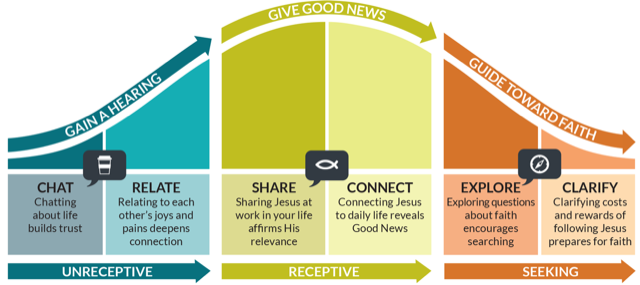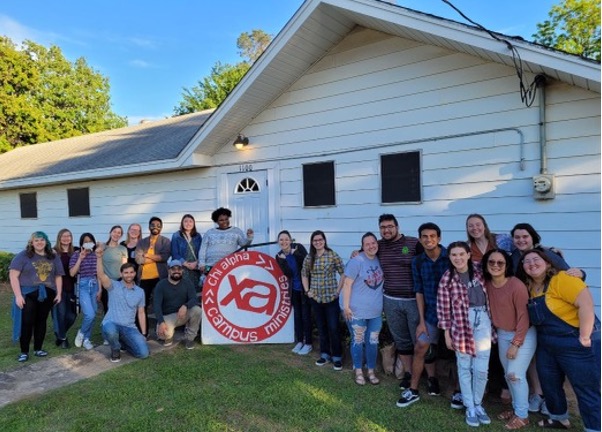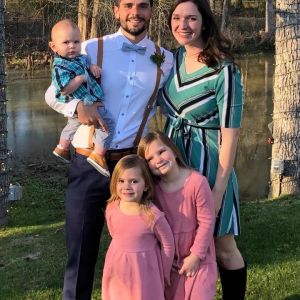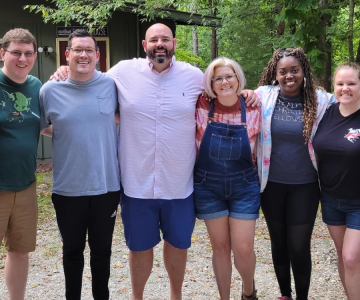
Dr. Don Everts, partnered with the Barna Group and the Lutheran Hour Ministries to research how practicing Christians talk about their faith which resulted in The Spiritual Conversation Curve designed to help Christians start spiritual conversations. He notes the Christians’ approach to sharing their faith has changed in 25 years. “Technology and rapid cultural shifts, including the impact of social media, have redefined the ways we communicate. This shifting definition of evangelism and the perceptions of faith sharing from both sides of the conversation: the sharer and the hearer.”
In the research, the fear of giving offense or being rejected is one of the primary barriers for many Christians in talking about Jesus. That is why most of us are quiet. The research reports on the state of our witness. Nearly three-fourths of practicing Christians are afraid to speak up about their faith.
The research findings:
1. We have fewer spiritual conversations.
2. We are uncomfortable with spiritual conversations.
3. Our conversations mention Jesus and the Bible less.
4. Our approach to spiritual conversations mirrors our surrounding culture.
5. We know spiritual conversations need to be initiated.
6. Our spiritual conversations increasingly have a digital element.

The project led to the creation of The Spiritual Conversation Curve which helps frame how one can start spiritual conversations knowing people have different postures toward the Gospel: unreceptive, receptive, and seeking, and reveals six types of conversations based on their posture: either in gaining a hearing, giving good news, or guiding toward faith.
In my last blog, “Start to Finish” I explained there are three discernable patterns in a given academic year. Mobilization was the third, predictable pattern that arrives after the new calendar year begins and with Spring. As the warm weather arrives and in many places snow melts, buds come out on the trees, and the sun shines, students head for the outdoors.
It is an ideal time to step up witness with outdoor activities like lawn talks, contact tables, personal evangelism, and social events, but they focus on the point of this chart and research on spiritual conversations.
Don admits for him the difficulty of witnessing was “apathy, shyness and basic fear.” He believed spiritual conversations were “pesky, painful, awkward things.” The research shows that most of us in the U.S. are reluctant conversationalists, which he named his book on the research (see Resource). The question asked was, “How often have you had a conversation about faith (or lack of faith) with anyone last year?”
The Spiritual Conversation Curve can help us be aware and sensitive to where people are (or not) in their understanding or experience of faith. Learning to have natural conversations with students you get to know (chatting, relating, sharing) can lead people toward faith—clarifying the costs and rewards of following Jesus. Don has written a 10-page booklet, “How to Talk About Your Faith,” that you can download for free at www.lhm.org/curve/.
_______________
Don Everts is the senior pastor of First & Calvary Presbyterian Church in Springfield, Missouri, and is a writer for Lutheran Hour Ministries (lhm.org) and the Hopeful Neighborhood Project. He served with IVCF for 18 years. Don has spent almost three decades helping people on college campuses and in the local church become good stewards of their God-given gifts. His latest book is The Reluctant Witness. Some might remember his first 1999 IVP book, Jesus with Dirty Feet.










